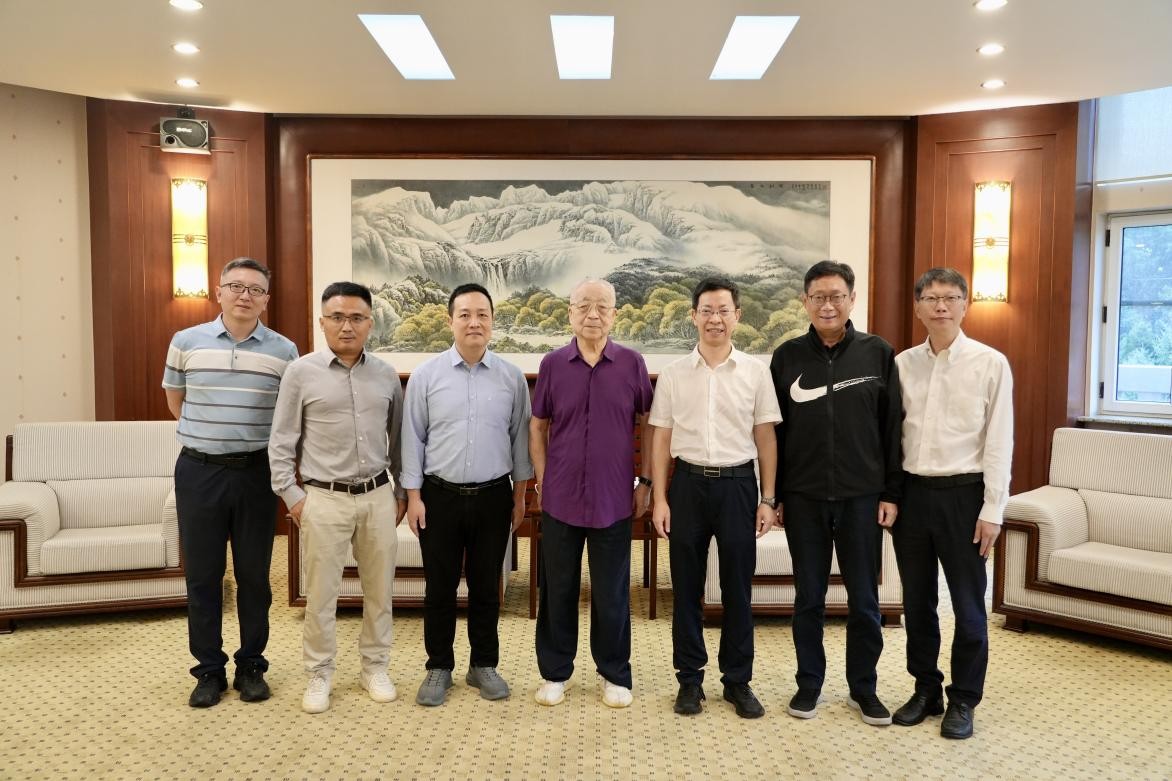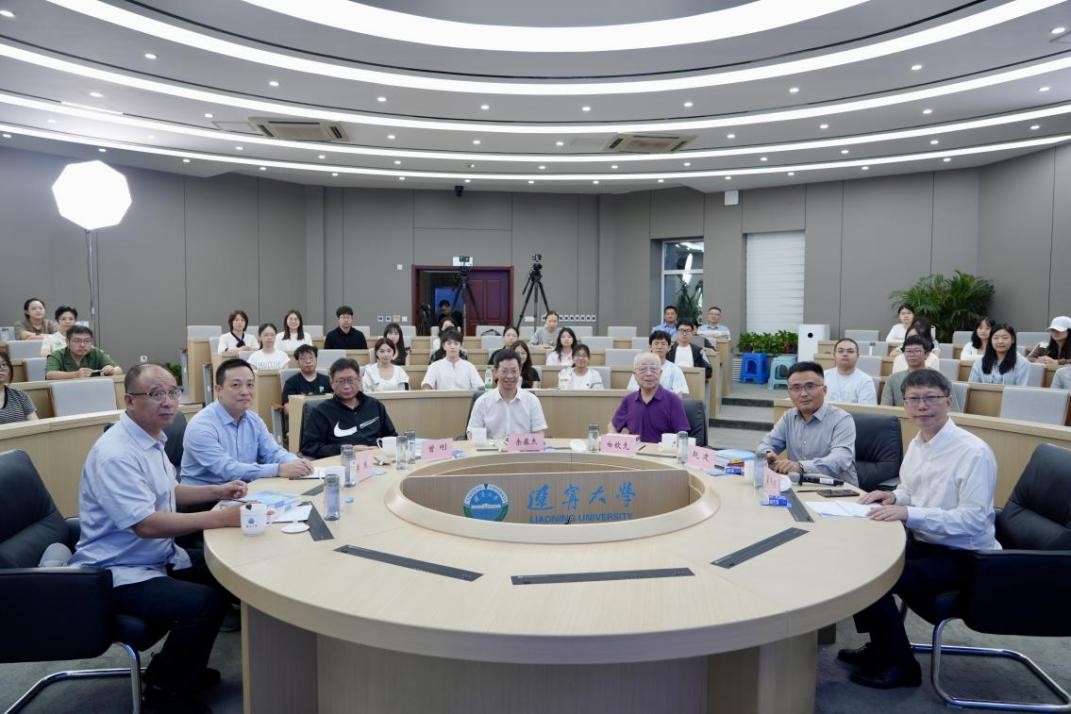
On August 25, 2025, the 9th session of the China’s Hina’s Opening-up and Macroeconomy (COME) forum was successfully held in the Administrative Building, Puhe Campus of Liaoning University (LNU). The forum, centered on the theme of ‘Prospects for China’s Economic Development’, brought together renowned domestic experts and scholars for in-depth discussions.
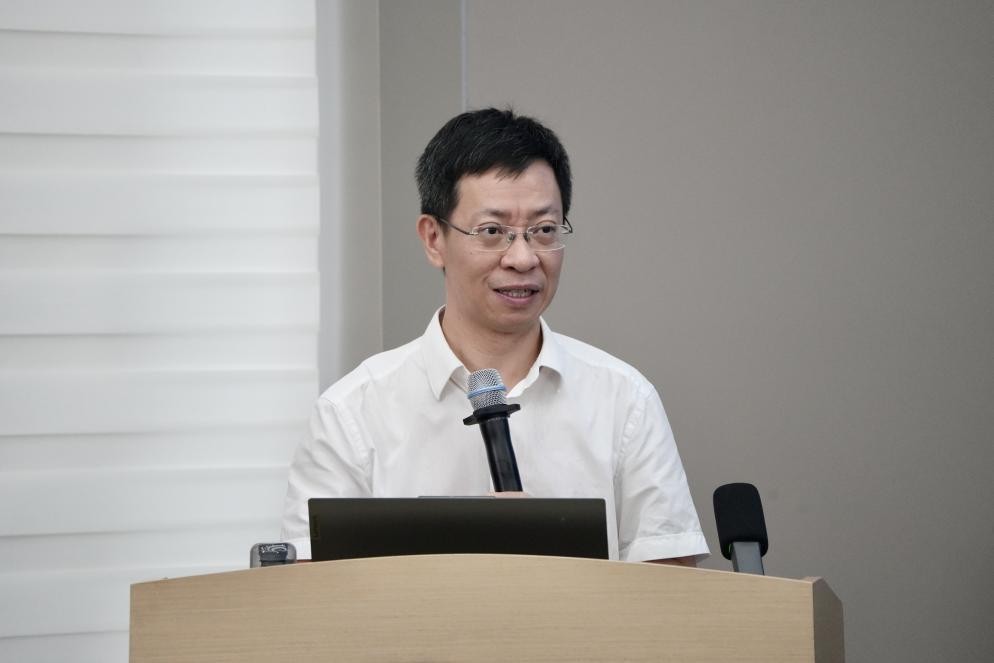
Professor Yu Miaojie, Fellow of the United Nations International Economic Association, deputy to the 14th National People’s Congress, and President of LNU, delivered a keynote speech titled ‘How to View the China-US Economic and Trade Competition’. Through scientific analysis and comprehensive data, he conducted an in-depth analysis of the three phases concerning China-US economic relations and offered an optimistic outlook for China’s economic future. He identified three distinct phases in the economic and trade competition: China’s Defensive Phase from Donald Trump’s initiation of the trade war to the Biden’s presidency; China-US Stalemate Phase from Donald Trump’s second term as US president to around the period of 2030; China’s Victory Phase, when China’s GDP is projected to surpass that of the US in 2030. Meanwhile, he systematically elaborated on the key advantages that will ultimately lead China to prevail from four dimensions: supply, demand, talent, and institutional mechanisms. On the supply side, China possesses industrial clustering advantages and significant economies of scale. In terms of demand, the continuous development of a unified domestic market, along with policies such as the ‘Five Unifications and One Opening-Up’, will further unleash the potential of domestic demand. Regarding talent, China is committed to gathering and utilizing outstanding talents around the world. As for institutional mechanisms, China benefits from policy execution capabilities that extend vertically to the grassroots and horizontally across all sectors. He believes that although the external environment remains complex, the fundamental trend of China’s long-term economic growth remains unchanged, and China is poised to achieve a high-quality rise amid the evolution of the global economic and trade landscape.
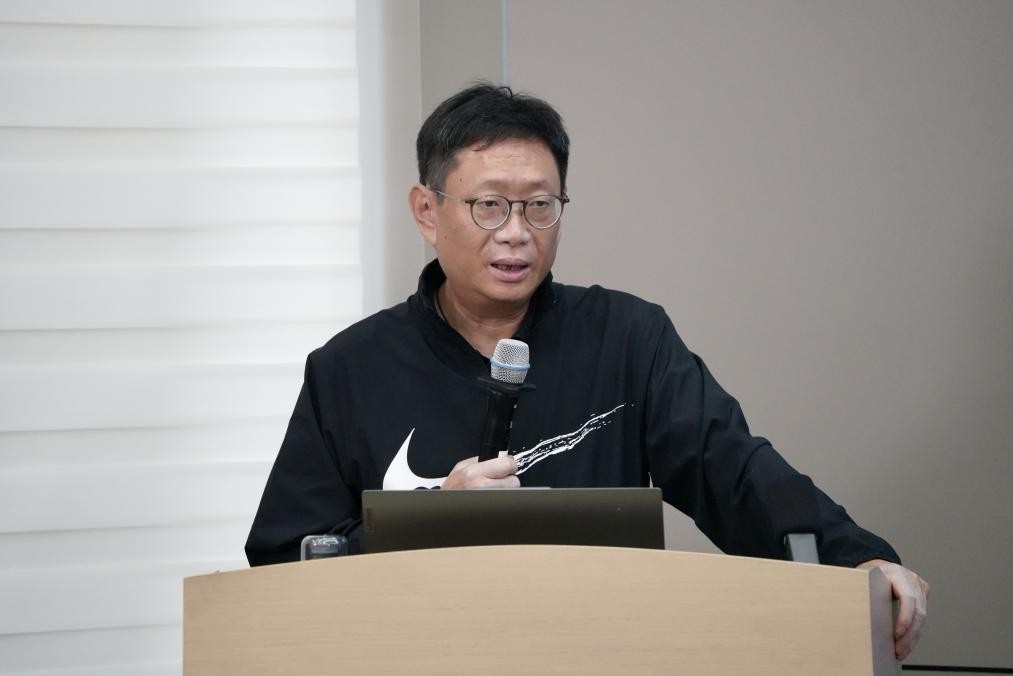
Professor Zeng Gang, Director of the Shanghai Institution for Finance and Development and Deputy Director of the National Institution for Finance and Development, delivered a presentation titled ‘Development Trends in the Financial Industry During the 15th Five-Year Plan Period’. Based on a comprehensive analysis of domestic and international conditions, he elaborated in detail on eight major trends likely to emerge during this period, namely, heightened global uncertainties, insufficient domestic effective demand, moderated growth pace and increasing internal divergence within the financial industry, challenges to profitability, mounting risks in retail banking, accelerated digital transformation driven by technological advancement, intensified regulation and compliance risks, as well as significant opportunities in internationalization and global expansion. His analysis explored potential changes in both the real economy and the financial landscape in the coming years.
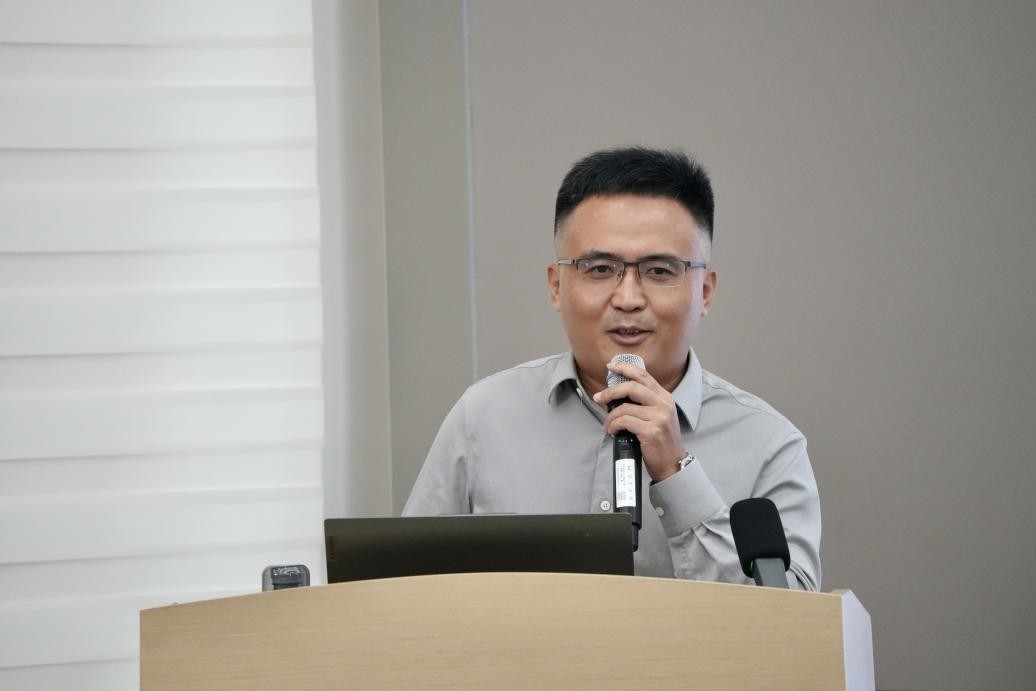
Researcher Zhao Jian, President of the Atlantis Institute and an expert from New China Research (NCR), delivered a speech titled ‘The Long Transition: Economic Trends and Policy Choices in a Period of Deep Transformation’. Analyzing China’s current economic development from both historical and global perspectives, he pointed out that the Chinese economy is currently in a phase of ‘profound transition’, undergoing a challenging shift from high-speed growth to high-quality development. He described the deep transformation of China’s real estate sector as a ‘long transition’, which has triggered a series of noteworthy trends. In the short term, the real estate industry is still bottoming out, with a power vacuum emerging during the transition between old and new growth drivers. From a medium-term perspective, close attention must be paid to the shift from deflationary deleveraging to inflationary deleveraging. In the long term, the focus should be on national rejuvenation and the Chinese path to modernization. He suggested that to navigate this extended transition cycle, measures such as developing the capital markets and monitoring the bond market should be adopted to build an investment system with ‘anti-fragile’ capabilities.
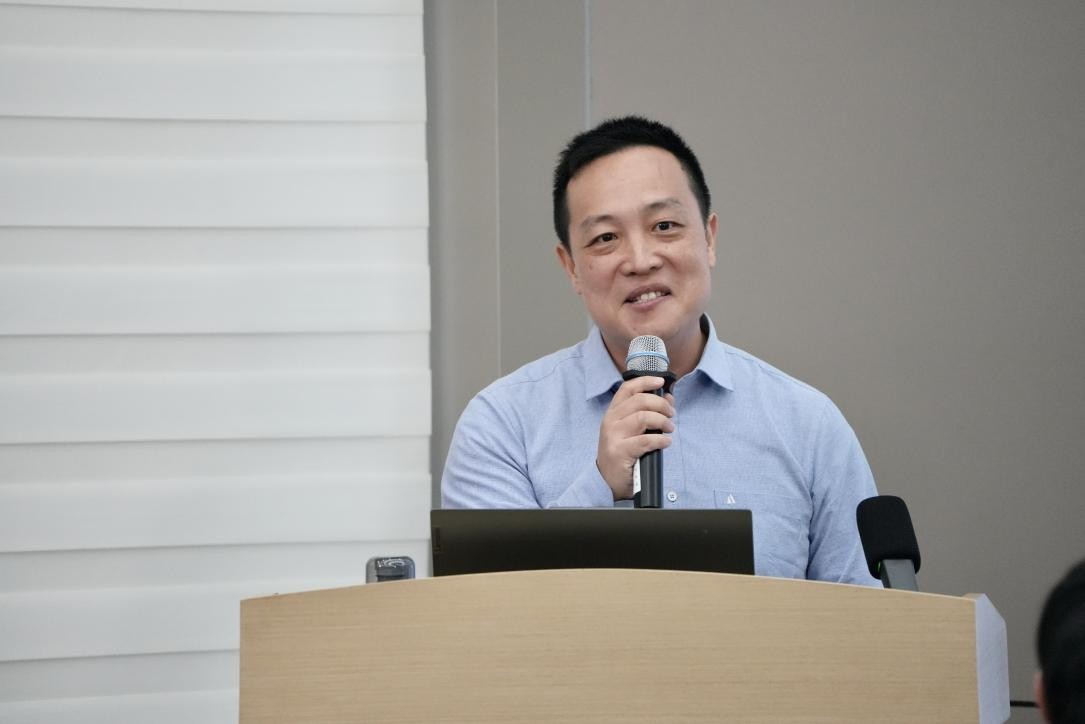
Professor Li Jie, Chief Expert of a Major Research Project sponsored by the Ministry of Education and Associate Dean of the Institute of Industrial Economics at Jinan University, delivered a speech titled ‘Major Challenges to China’s Position in Global Industrial and Supply Chains in the Face of Future Threats and Proposed Countermeasures’. He pointed out that, against the backdrop of global supply chain restructuring, China’s position in global industrial and supply chains currently faces three major challenges. They are intensified blockades and restrictions in cutting-edge technologies, which have significantly increased supply disruption risks for enterprises; tightening geopolitical tensions, leading to increasingly noticeable regional substitution; and growing pressure on domestic industrial transformation and upgrading, with constraints on production factors becoming more pronounced. In response to these challenges, he proposed three countermeasures. They are building a non-American technology supply chain to achieve breakthroughs in areas subject to systematic technological containment; innovating rule-based game mechanisms to effectively hedge against risks caused by geopolitical realignment; and optimizing the factor allocation system to tackle structural bottlenecks hindering transformation and upgrading.
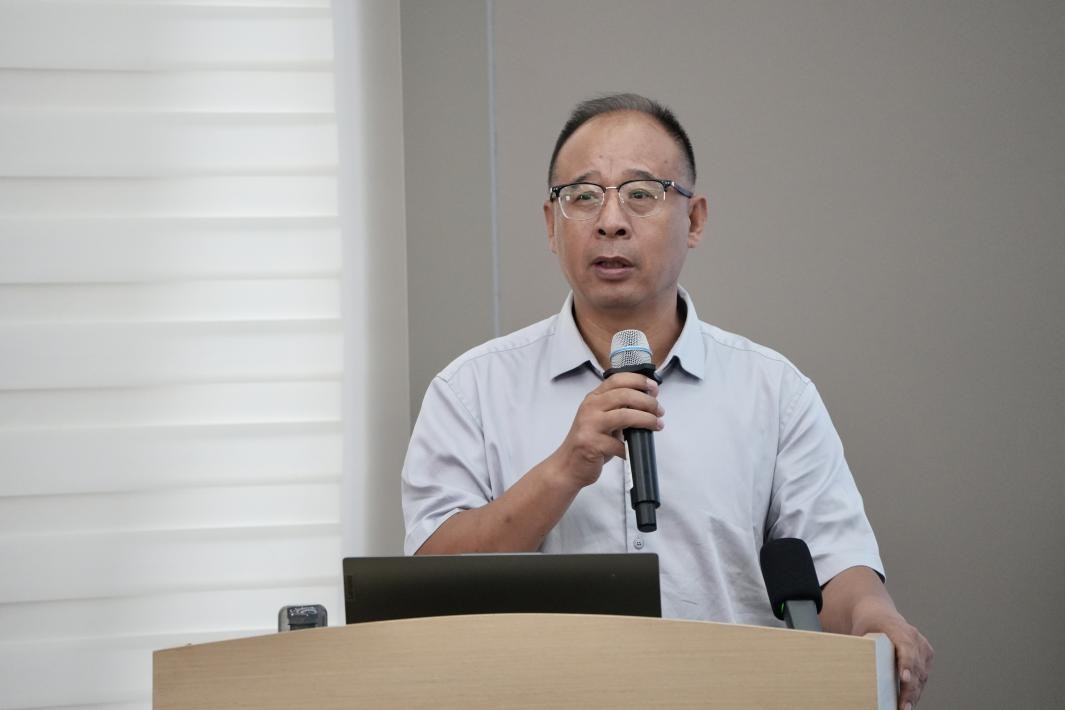
Professor Liu Wenge, Dean of the School of International Economics and International Relations and Dean of the School of Digital Economy and Modern Industry at Liaoning University, delivered a speech titled ‘The Future Economic Development Prospects from the Perspective of Planning Economics’. Starting from China’s unique practices in economic planning, he elucidated a new development model that integrates an effective government, an efficient market, and ‘orderly planning’, emphasizing the necessity of constructing a Chinese framework of planning economics. He pointed out that it is essential to establish China’s independent economic system, represented by ‘Planning Economics’, to provide a Chinese approach to global economic development. Through theoretical innovation and policy optimization, this system would offer theoretical support for sustainable economic development.
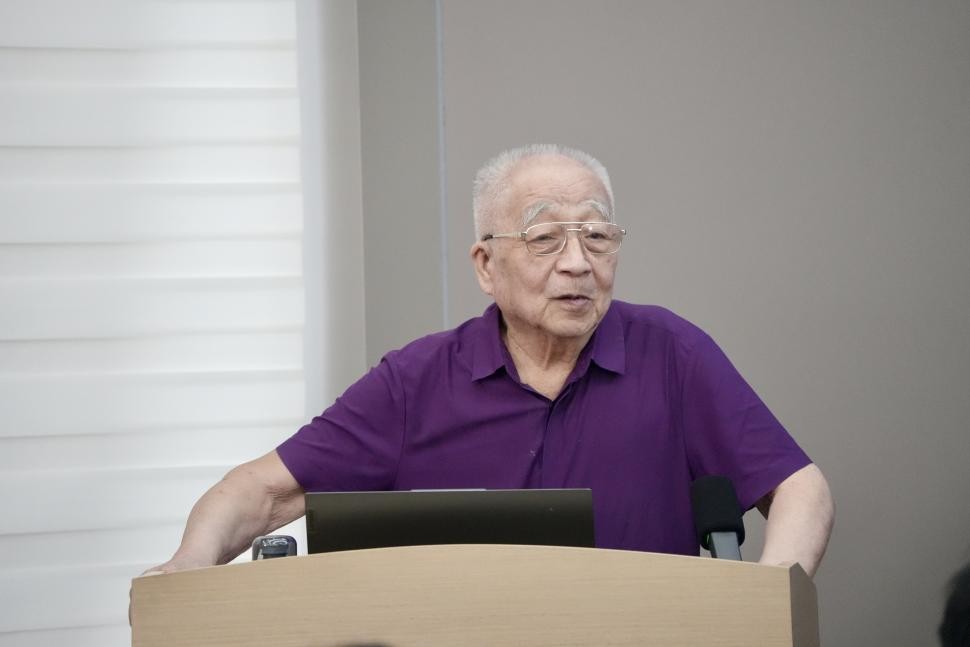
Professor Bai Qinxian, a renowned senior expert in economics and finance, recipient of the Outstanding Contribution Award in Chinese Financial Research and the Lifetime Achievement Award in China’s Finance Discipline, delivered a speech titled ‘The Historic and Decisive First Step from a Thirty-Year Perspective of Building China into a Financial Power’. Drawing on decades of academic research and practical observation, he provided an in-depth analysis of the urgency and practical pathways for China to become a global financial powerhouse. He emphasized that the most critical task at present is to strengthen and expand the currency while attaching strategic importance to gold reserves. To this end, he proposed a series of measures, including gradually increasing gold reserves, maintaining positive deposit interest rates for households, implementing a ‘Tax Generation per 100-Yuan Credit’ indicator, and expanding and strengthening public policy-oriented finance. Finally, citing the example of U.S. financial hegemony, he warned that building a financial power must be grounded in integrity and built upon solid strength. He called on all sectors to take concrete actions, avoid empty rhetoric, and work together toward the goal of establishing China as a financial powerhouse.
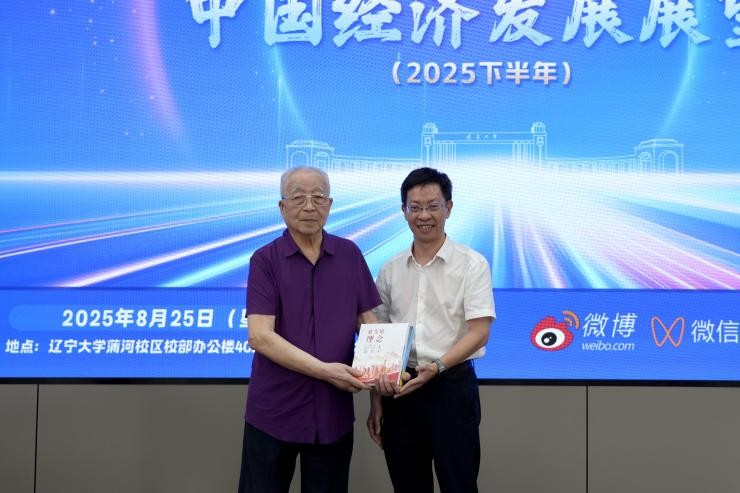
At the conclusion of the meeting, President Yu Miaojie presented two of his own publications, The New Development Philosophy: The Foundation of Chinese Modernization and New Quality Productive Forces: The Engine of Chinese Modernization, to Professor Bai Qinxian and other distinguished guests in attendance.
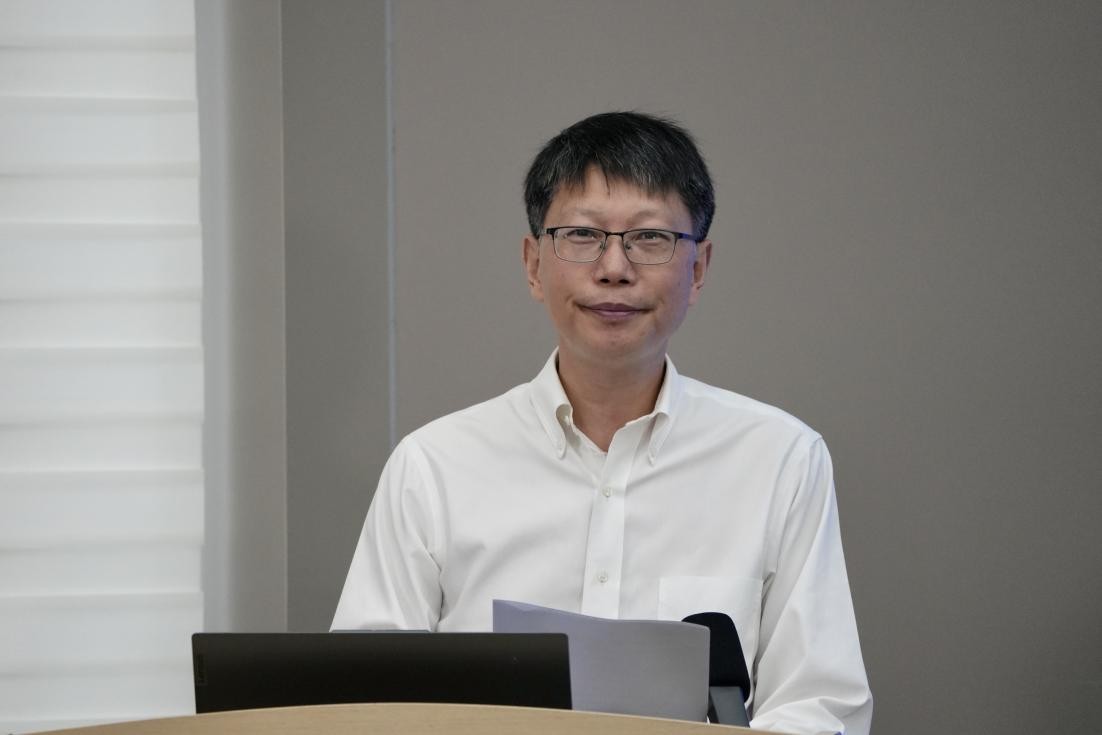
The seminar was hosted by the Division of Economics Liaoning University and chaired by Professor Huo Weidong, Deputy Director of the Division of Economics. The event was live-streamed online on platforms such as Sina Weibo, WeChat Video Channel, and Northeast News Network. By the end of the forum, the event had garneredover 500,000 online views.
